My child is finding it hard to breathe and/or has a wheeze (Easy Read)
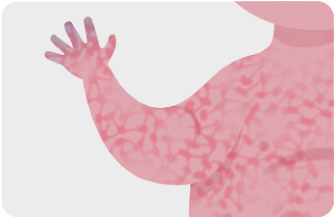
Red - If your child:
Is pale with patchy coloured skin that feels cold when you touch it.
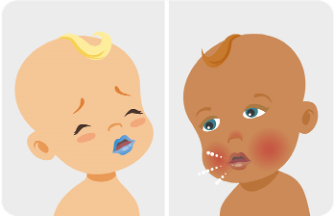
- Has gaps in their breathing
- Or makes a strange grunting sound each time they breathe out
- Or they have blue lips
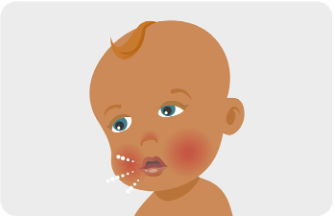
Makes a loud noise every time they breathe in, even when they are not upset.
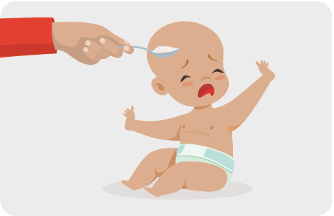
Finds it hard to talk, eat or drink because they cannot breathe properly.
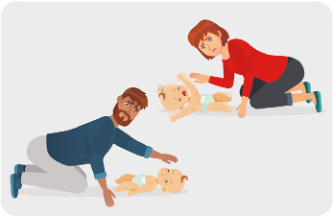
- Is crying and won’t stop
- Is confused
- Very difficult to wake up
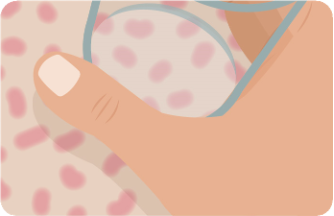
Gets a rash that does not go away when you press on it. Press the bottom of a glass on the rash to see if it disappears.
You need urgent help.
Go to the nearest Hospital A&E Department or phone 999.
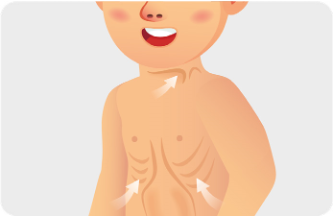
Amber - If your child:
Has difficulty breathing, including breathing fast; pulling in their muscles below their ribs, between their ribs or at their neck when they breathe.
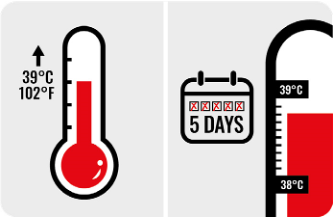
Is 3 to 6 months of age with a temperature of 39°C / 102.2°F or above. (If they’ve had their routine injections in the last 2 days - then give paracetamol or ibuprofen but if the temperature does not come down within 30 minutes get help)
or
is 3 months of age or older and has a fever of 38°C / 100.4° or above for more than 5 days.
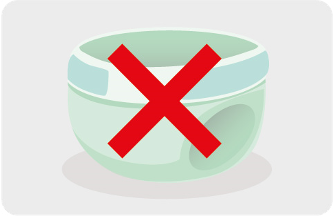
- Has sunken eyes
- Is sleepy
- Have not had a wee or wet nappy for 12 hours if over 3 months old or 8 hours if they are under 3 months old
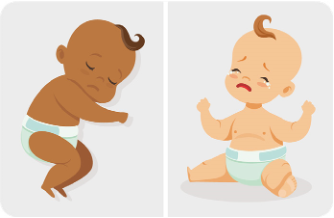
Is becoming overly sleepy or upset and you are unable to settle them with toys, TV, food or cuddling – especially if they stay this way when their temperature is coming down.
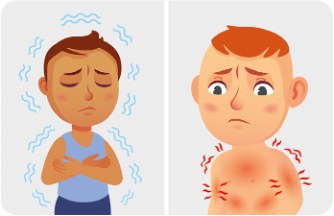
Is shivering a lot and tells you their muscles hurt.
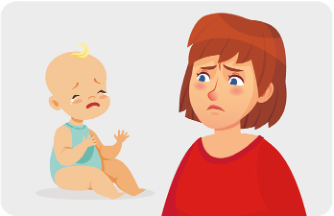
Is getting worse or if you are worried.
You need to contact a doctor or nurse today.
Please ring your GP surgery or call NHS 111 - dial 111 If symptoms continue for 4 hours or more and you have not been able to speak to either a member of staff from your doctor or to NHS 111 staff, check your child has not developed anything in red list above.
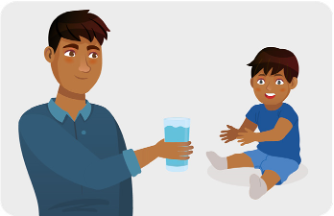
Green - If your child:
Has none of these
Make sure that your child stays well hydrated by offering them lots of fluids. And closely monitor them for any signs of deterioration by looking out for anything in red or amber list above.
Self care
Keep caring for your child at home. If you are still worried about your child, contact your Health Visitor or call NHS 111 – dial 111.



